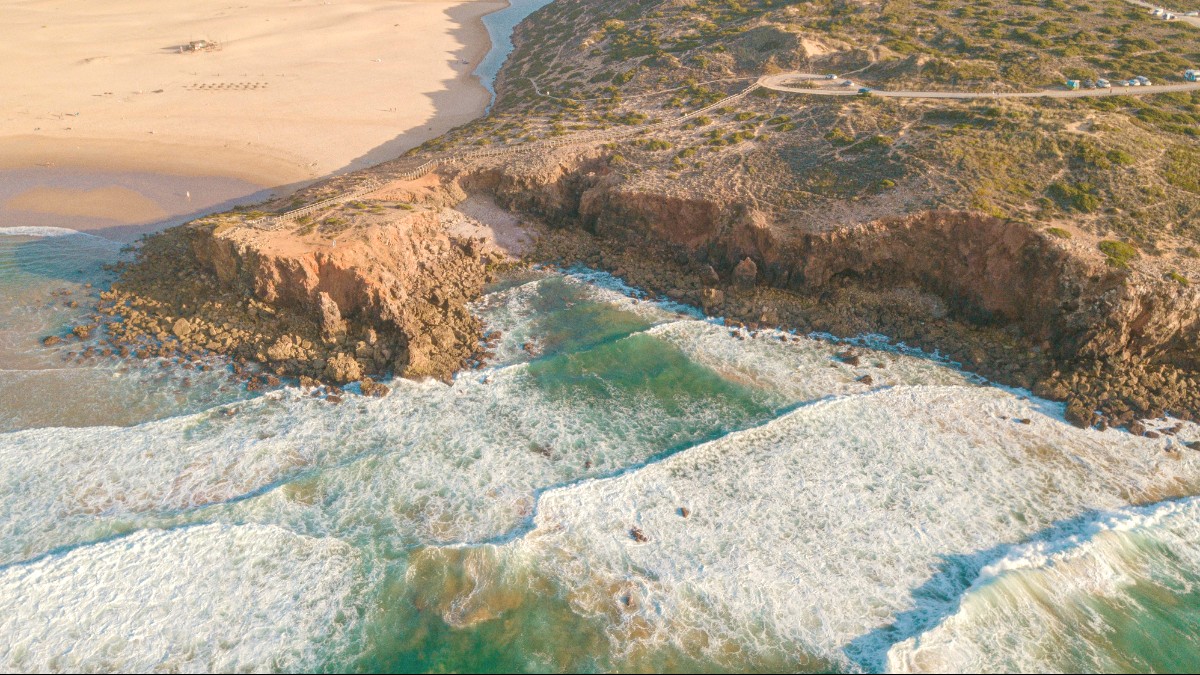
Southeast England, England
A large portion of the island holds the designation of an Area of Outstanding Natural Beauty (AONB), safeguarding its landscape.
Organizations like the National Trust and English Heritage manage significant natural and historical sites, focusing on preservation efforts. Nature reserves protect important habitats.
The Isle of Wight is an UNESCO Biosphere Reserve, recognizing its unique heritage and commitment to sustainable development. This encourages a balanced relationship between people and nature.
Your actions contribute to the island's environmental health. Embrace responsible travel choices.
Recycling bins are widely available in public places, accommodations, and waste management centers. Separate plastic, paper, glass, and food waste where indicated. Limit your use of single-use plastics.
The island's water supply depends on local sources. Be mindful of your water usage. Consider offsetting your travel emissions through reputable carbon offset programs.
Seek accommodations with environmental certifications, like the Green Tourism scheme.
Support local tour operators who promote responsible practices, like minimizing environmental disturbance and respecting wildlife.
Choose durable outdoor gear from companies with strong environmental policies. This reduces long-term waste.
Shop Patagonia for sustainable options.Embrace reusables to minimize your environmental footprint on the island. This includes bags, coffee cups, and water bottles.
Find reusables at Package Free Shop.Every choice, from transport to purchases, shapes the island's future. Sustainable decisions contribute to its health and beauty.
Many local groups work to preserve the island's unique history, dialect, and traditions.
Be polite and always use "please" and "thank you." Queue patiently in lines. Be mindful of noise levels in quiet areas or residential neighborhoods, especially late at night.
Always ask permission before photographing people, especially children. Be discreet when taking photos in public spaces. Some museums or private properties may have restrictions on photography; respect these rules.
If you visit a church or other religious site, dress respectfully (shoulders and knees covered). Maintain quiet during services or times of worship.
Avoid overly personal questions when meeting new people. Do not discuss sensitive political topics, like Brexit or the Royal Family, unless you know the person well and they invite the conversation.
While English is standard, some locals have a distinctive "Islander" accent, generally understandable.
"Please" and "Thank You" are widely used and appreciated in daily interactions.
Forming orderly queues is a common practice in public spaces and shops.
Your spending choices directly affect the local economy. Support businesses that benefit the island community.
Support independent hotels, B&Bs, restaurants, and shops. This keeps money circulating within the local community.
Choosing local options directly benefits island residents and their livelihoods.
Local businesses often embody the unique character and offerings of the Isle of Wight.
Exploitation is not a significant issue on the Isle of Wight. The UK features strong labor laws and regulations.
If you wish to donate, consider local charities working on environmental conservation or community development on the island.
Research reputable local organizations to confirm your contribution has a positive community impact.